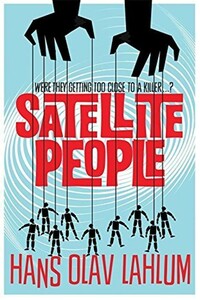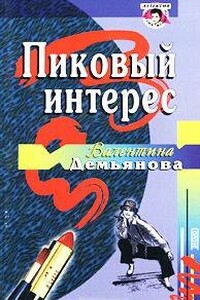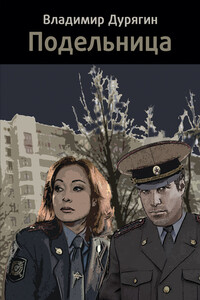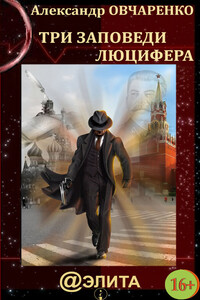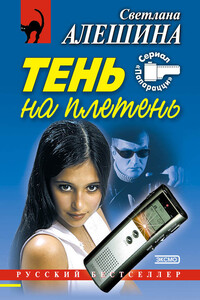The Catalyst Killing | страница 61
I thanked him for the warning and wished Frans Heidenberg a good day. He tipped the hat he was not wearing, and opened the door for me. I left him with the feeling that I had indeed met a humane Nazi. I could see no connection between him and Marie Morgenstierne’s death. I did, however, note that Frans Heidenberg did not have an alibi for the evening she was murdered. And that there was an elegant walking stick with a silver head just by his front door.
VII
Christian Magnus Eggen’s house was more traditional in style than Frans Heidenberg’s, but as good as equal in size. The difference between the two owners, however, could not have been greater.
The white-haired Christian Magnus Eggen was rounder in shape, but from the outset appeared to have much sharper edges. His hand was firm, bony and twitchy, and his voice tense. Judging by his spectacles, the man was very short-sighted, but his eyes felt like gimlets. I was invited into the living room, but not offered anything to drink. And Christian Magnus Eggen was giving his answers before I had asked a single question.
‘I am, of course, extremely curious to know what I have done to merit this unexpected visit from a keeper of law and order? Surely it cannot be in connection with the still unsolved murder of my old friend, Marius Kofoed, in which the police showed a remarkable lack of interest following liberation in 1945?’
I started by reassuring him that it was simply a matter of routine questions, and that he was not suspected of having done anything criminal. Christian Magnus Eggen proceeded to answer my questions succinctly, in a curt voice.
When he turned seventy, he had retired as director of his own company, which he had run for thirty-two years without any form of complaint. He now lived very comfortably on his pension and savings. His wife had died following an illness a few years earlier, and as his son had fallen in the fight against the Bolsheviks in Stalingrad, he was now a widower with no heirs. So his life was just fine, thank you very much, but his previous experience of the Norwegian police was not very pleasant and he now simply wanted to be able to live in peace for what time he had left. In short, he was still curious as to why I had now come to disturb a law-abiding and respectable citizen in his own home.
I took the liberty of reminding Christian Magnus Eggen that he had not always been a law-abiding citizen. He snorted in contempt and replied that he had never broken the law of the day – what happened in 1945 was that the law was amended with retrospective effect. He would never have believed that one could be punished in Norway for nothing more than being a member of a political party. And in order to avoid any chance of experiencing something similar again, he had not been politically active since. After all, he remarked snidely, it was impossible to know whether the socialists might suddenly decide tomorrow to ban any of the right-wing parties with retrospective effect.
